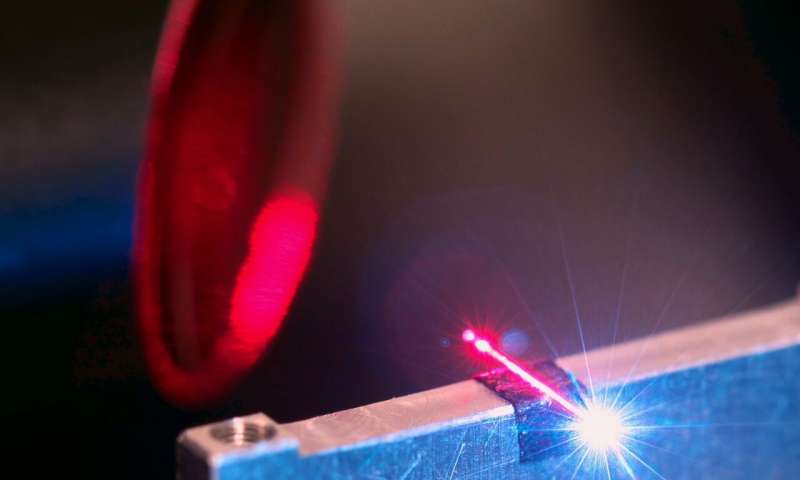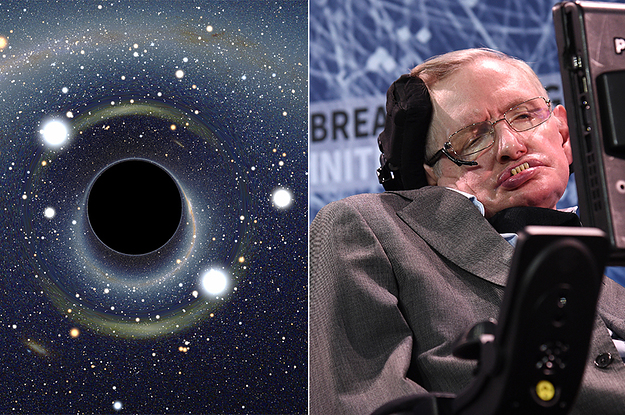Scientific Breakthrough: Artificial Laboratory Black Hole Confirms Stephen Hawking’s Theory

Physicists have managed to confirm the predictions made by Stephen Hawking’s theory of black holes. They used a black hole that they created in their laboratory, says recent paper.
Gizmodo details the subject, and the online publication explains that this black hole that experts created in their lab is not like the black holes that we can find out there in space where gravity establishes a region of spacetime that’s so warped that light cannot escape.
Experts have instead built a black hole analog with the help of a strange quantum material that’s called Bose-Einstein condensate. The point of no return is for sound rather than for light.
“I’m interested in learning whatever we can about real black holes and real gravity,” study author Jeff Steinhauer, a physicist at the Technion-Israel Institute of Technology, told Gizmodo.
Hawking radiation
Hawking’s theory is called the Hawking radiation. When the genius tried to apply the physical laws that are governing heat to black holes, he realized that these have to emit radiation from their surfaces.
So far, astronomers have obviously not been able to get close enough to a black hole in order to prove this or disprove the theory.
So, experts created a black hole in the laboratory to try and test Hawking’s theory.
Scientists found that outside the black hole in the denser region, the speed of sound in faster than the speed of flow (rubidium atoms) and this means that the sound waves are able to move in any direction.
But, in the less dense region inside the back hole, the speed of sound is slower and “sound waves only travel away from the sharp transition and further into the black hole,” according to the study which has been published in Nature.
We recommend that you read the complete data included in the research.

0 comments